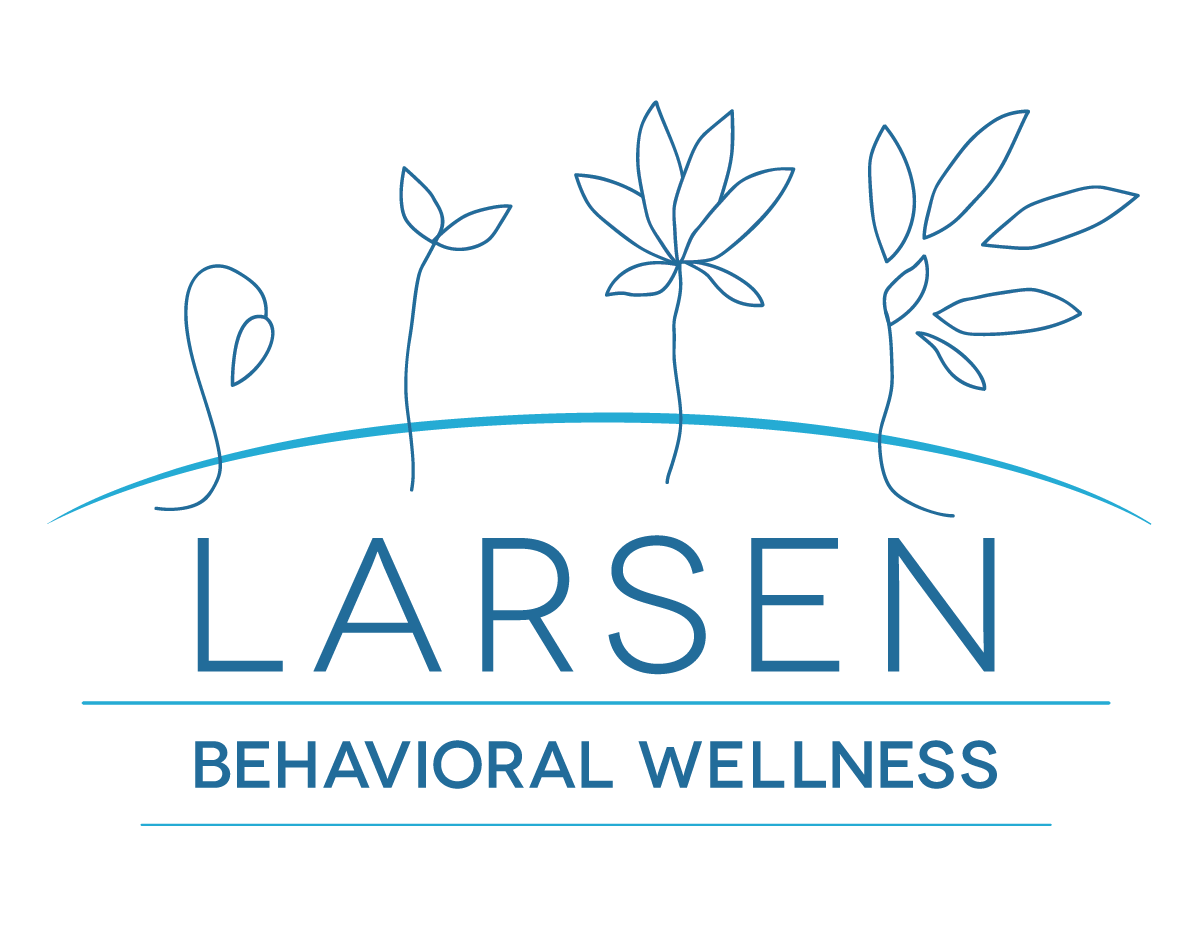Is Your Exhaustion and Irritability Actually Caused by Depression?
One of the more common symptoms of depression is fatigue. There are, however, several conditions that can be responsible for constantly feeling tired. It might be a mood disorder or chronic fatigue syndrome or something as simple as a vitamin deficiency.
Another symptom of depression that may surprise people is irritability. Some may not feel the overwhelming sense of sadness that is associated with depression. Instead, they are constantly tired and irritable. Of course, other factors like stress and anxiety can play a role.
It’s important to understand that many conditions share symptoms with depression. But understanding these distinctions can help you seek the treatment you need, especially if it turns out you are depressed.
Is Your Exhaustion and Irritability Caused by Depression?
The first step to recognizing if your symptoms are mirroring depression is to review symptoms of depression. This will help you identify if your exhaustion and irritability is caused by depression or something else.
Symptoms of Depression
Aside from low mood, fatigue, and irritability, other symptoms of depression include:
Changes in weight or appetite
Difficulty concentrating
Difficulty making decisions
Feeling extreme guilt
Feelings of hopelessness or worthlessness
Lack of interest in things you used to enjoy
Persistent sadness, anxiety, or feeling so numbness
Thoughts of suicide or suicidal ideation
If you contemplate suicide or think about death often, it’s very important to speak with someone right away. You are worthy of help. If you identify with several others of the above symptoms, it may be that you're experiencing a depressive episode.
Even if you're not someone who experiences chronic depression, it's not uncommon to go through these kinds of episodes, especially if there are certain things happening in your life. In fact, many people will experience a depressive episode at some point or another. Nonetheless, you're still worthy of help!
Other Potential Causes of Exhaustion and Irritability
Stress: Regardless of what causes it, stress can interrupt your sleep and cause fatigue. This can also trigger depression or anxiety disorders. Stress management techniques like journaling, meditation, and breathing exercises can help.
ADHD: Sleep disturbances are common with ADHD. Other symptoms include difficulty waking, daytime sleepiness, and difficulty falling or staying asleep.
Chronic Fatigue Syndrome: Extreme and near-constant fatigue characterizes this condition, and it lasts at least six months and can be accompanied by memory problems, headaches, and aching muscles or joints. The key difference between CFS and depression is that with CFS, a person still has an interest in the things that bring them joy, but don't have the energy to partake.
How To Reclaim Your Energy and Improve Your Mood
Besides getting a proper diagnosis for depression or otherwise, there are a few daily self-care habits that can help you reclaim your energy and boost your mood. Some of those include:
Daily Movement: There’s a mountain of evidence showing that gentle movement every day is a great way to regulate your mood and energy levels. It also helps establish healthier sleeping habits.
Naps: If you decide you’re too tired to make it through your day, a quick nap can help. Be cautious, though. Oversleeping can cause exhaustion just like under-sleeping. Napping for twenty or thirty minutes is optimal.
Bedtime Routine: Having a set bedtime for each night is helpful. You can make that go further by establishing a specific bedtime routine. Essentially, you can train your brain to associate a specific set of habits with sleep.
Disconnect: While you’re establishing healthier bedtime routines, leave screens out of it. Scrolling through social media or even reading a book on your phone stimulates the brain for wakefulness and can make it more difficult to get to sleep.
If you feel you’re still not getting the rest you need, can't seem to escape feelings of irritation, and you suspect depression may be the culprit, reach out today. Therapy for depression can help you identify the source of the issue and create healthy coping mechanisms so you can get back to living with vitality and peace. Talk to us about how you can get your energy back.

